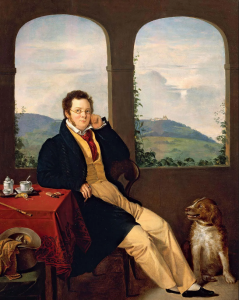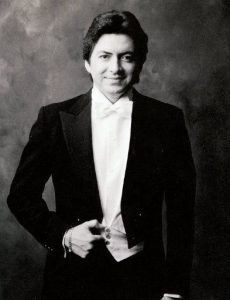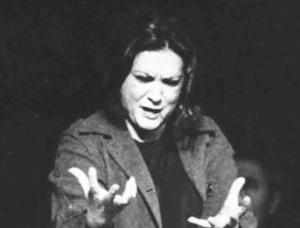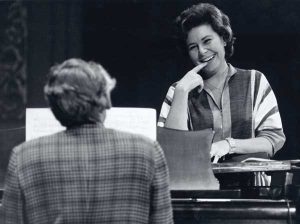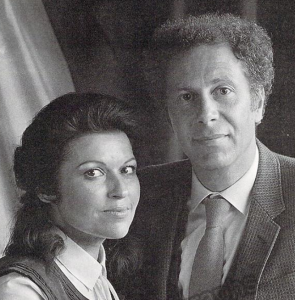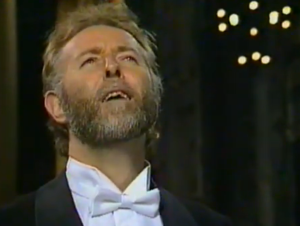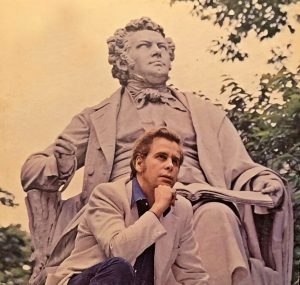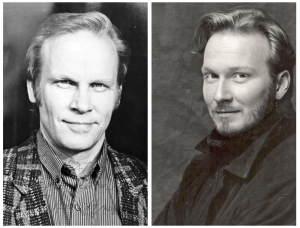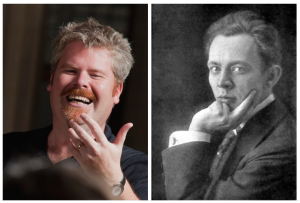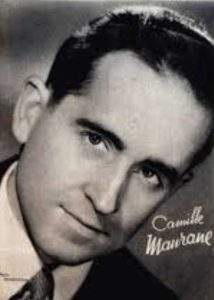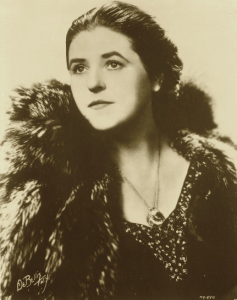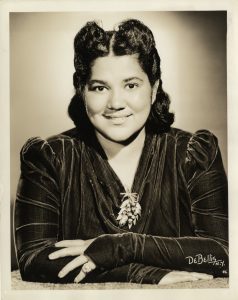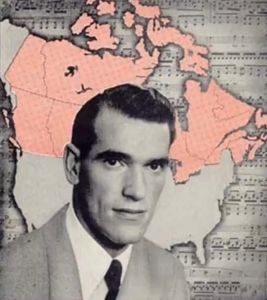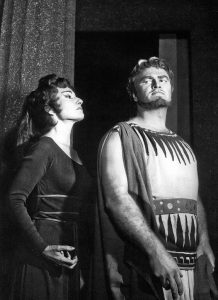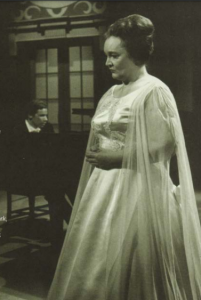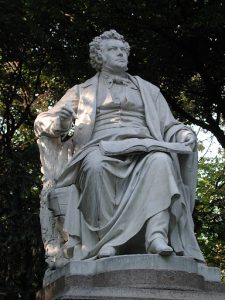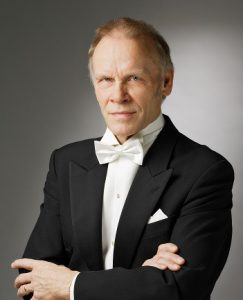Podcast: Play in new window | Download (Duration: 1:40:12 — 94.5MB) | Embed
Subscribe: Spotify | TuneIn | RSS | More
I have been fascinated for years by operas performed in the vernacular, a phenomenon which was common in Germany until quite recently. Even more interesting in many ways is the performance of art song in the language of the audience. Some time ago I produced an episode featuring the Lieder of Franz Schubert performed in both French and Russian translation. As a supplement to that episode, I present here two of the featured artists from that episode, the French baryton martin Camille Maurane (1911 – 2010) and the Russian lyric tenor Ivan Kozlovsky (1900 – 1993), quintessential representatives of their respective vocal categories, both of whom happened to live well into their nineties. They are featured singing the songs of Schubert in their native languages in recordings made between 1946 and 1962. Certain songs are sung by both artists, allowing one to make direct comparisons between their very different vocal styles. In addition I feature excerpts from Schubert’s two supreme masterpieces, Die schöne Müllerin and Winterreise, the latter excerpts sung in Finnish, Swedish, and English, with an additional shocking surprise before the end. The episode begins with brief memorial tributes to three significant musicians who have died recently: composer William Finn, basso buffo Peter Strummer, and Heldentenor Peter Seiffert.
Countermelody is a podcast devoted to the glory and the power of the human voice raised in song. Singer and vocal aficionado Daniel Gundlach explores great singers of the past and present focusing in particular on those who are less well-remembered today than they should be. Daniel’s lifetime in music as a professional countertenor, pianist, vocal coach, voice teacher, and journalist yields an exciting array of anecdotes, impressions, and “inside stories.” At Countermelody’s core is the celebration of great singers of all stripes, their instruments, and the connection they make to the words they sing. By clicking on the following link (https://linktr.ee/CountermelodyPodcast) you can find the dedicated Countermelody website which contains additional content including artist photos and episode setlists. The link will also take you to Countermelody’s Patreon page, where you can pledge your monthly or yearly support at whatever level you can afford.
